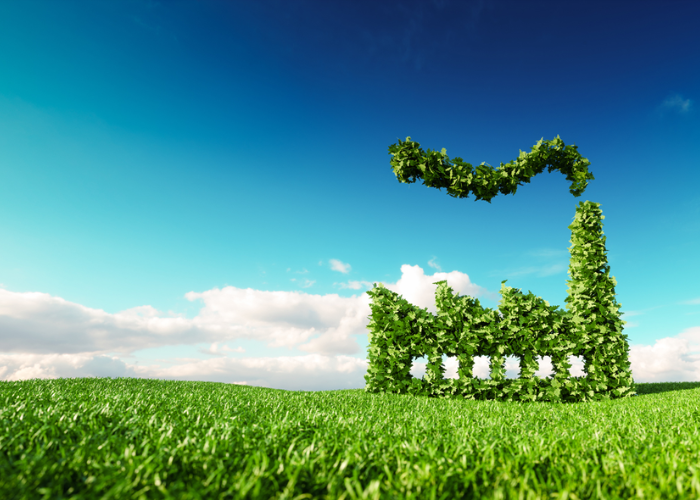Tackling the climate crisis without prejudiceBY AMICI DELLA TERRA
- 20 December 2022
- Posted by: Competere
- Category: Senza categoria

Efficiency is the bridge towards decarbonisation for an environmentalism that looks concretely at reducing emissions, bringing into play all the know-how and technologies available today. This is the message that, declined on the different aspects of energy consumption, the Amici della Terra (Friends of the Earth) launched during the XIV National Conference for Energy Efficiency held in Rome on 5 and 6 December.
If we want to reduce emissions immediately, we must act by looking at what we have in hand today to achieve this goal. For example, in recent years, an increased annual national production of 10 billion m3 of natural gas would have avoided global climate-changing emissions of around 3 million tonnes of CO2 equivalent per year induced by Italy’s consumption.
EUROPEAN FORCING ON ELECTRIC MOBILITY DOES NOT HELP CHANGES THAT ARE ALREADY FEASIBLE
There are several supply chains that could do more. Starting with green gas. Some of the players invited to the conference, such as Proxigas and Assogasliquidi, pointed out that these vectors represent an Italian industrial supply chain that is already ready and able to ensure competence and lower emissions, but which needs different support in Europe. The EU, in fact, is taking some measures to cut climate-changing emissions, including the elimination of endothermic engines. An action that would make it impossible for the industry to evolve.
EFFICIENT, HEALTHY AND COMFORTABLE BUILDINGS
The Energy and Climate Plan foresees that more than 25 per cent of Italy’s renewable energy consumption growth will come from the diffusion of heat pump technology, but this process will only be possible with an active role of all players in the supply chain, from manufacturers to designers, installers, electricity distributors and citizens. It will also be necessary to take into account the Italian building stock and thus favour a technology mix that exploits several energy vectors. This is the case presented by Assoclima and Assotermica where the synergic approach between heat pumps and gas boilers proves to meet both the need to reduce emissions and optimise costs. After the pandemic, the issue of air exchange in sensitive buildings such as schools, hospitals and public transport must no longer be underestimated. It must be a necessary priority for comfort, but above all to protect public health and prevent new pandemics, as Angelo Spena, professor of energy management and economics at Tor Vergata University, emphasised in his speech.
TRANSITION REQUIRES RAW MATERIALS
The context of the energy transition must also take into account the scarcity of certain raw materials that are essential for the technological transition, as Giovanni Brussato, mining engineer of Friends of the Earth, emphasised. “The EU relies 98 per cent on a single country, China, for the supply of rare earth elements, their refining and the recycling of magnets. Our growing demand for critical raw materials cannot be met without considering domestic supply’.
THERE IS NO SILVER BULLET
To make the energy transition we need many technologies and solutions. There are many actions to be taken and they are possible, but we need a technology-neutral approach and perhaps start by reviewing some of the mechanisms already in place such as the White Certificates, instruments to promote and measure real reductions in emissions and savings of energy resources, which in recent years have been depleted to the point of near exhaustion.
.
The messages and solutions of the Amici della Terra that emerged during the XIV National Energy Efficiency Conference are available at this link.
